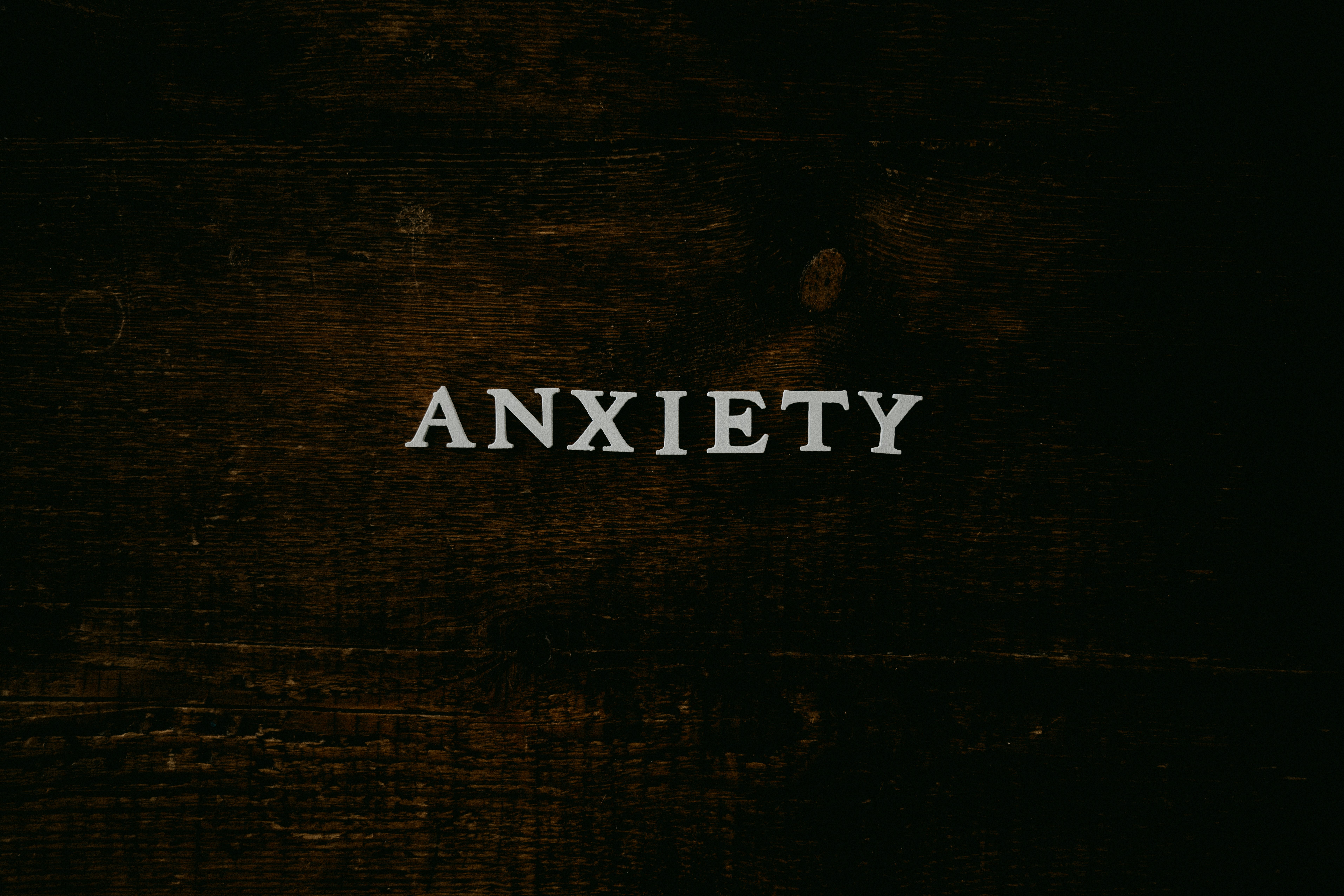Table of Contents
- What Is Stress?
- Types of Stress
- The Impact of Stress on Health
- Recognizing Signs of Stress
- Strategies for Managing Stress
- When to Seek Professional Help
- Conclusion
What Is Stress?
In the whirlwind of today’s fast-paced world, stress unceremoniously knocks on nearly everyone’s door. Whether spurred on by tight work deadlines, tumultuous relationships, or the endless cycle of daily responsibilities, stress is an unbidden guest we seem to entertain rather regularly. While a pinch of stress can put some pep in your step, fueling productivity, prolonged exposure turns this catalyst into a silent saboteur, wreaking havoc on mental and physical well-being. Let’s delve into the tapestry of stress, unraveling its threads, its impacts, and the tapestry of techniques to manage it effectively.
At its core, stress is our body’s instinctive response to any demand or challenge. Imagine you’re faced with a formidable task or perceive a looming threat; your nervous system snaps into high gear, releasing a cocktail of hormones like adrenaline and cortisol that spur the famous “fight-or-flight” reaction. It’s this physiological jolt that momentarily transforms you into a sharper, more alert version, ready to tackle stressors head-on.
Types of Stress
- Acute Stress: This fleeting variety of stress catches us off guard, triggered by the pressures and demands of what’s just happened or what’s about to. It’s akin to a sprint—short-lived and typically fading once the stressor is out of the picture.
- Chronic Stress: The marathoner in the stress family, this type lingers, extending its unwelcome stay over time. From a suffocating workplace to an unhappy relationship or relentless financial woes, chronic stress slowly chips away at well-being.
- Episodic Acute Stress: For some, acute stress becomes a frequent visitor, tipping them into a persistent state of worry and tension, ensnaring them in a stress response cycle that seems unending.
The Impact of Stress on Health
That stress is detrimental to health isn’t just a hunch; it’s a documented reality. According to the 2020 American Psychological Association report, a staggering 77% of people regularly endure physical symptoms due to stress, and 73% grapple with psychological turmoil.
Physical Health Consequences
- Cardiovascular Diseases: It’s no secret that stress can act as an invisible assailant on your heart, increasing the risk of diseases such as hypertension and stroke by spiking blood pressure and cholesterol.
- Immune System Suppression: Persistently high stress can leave your immune system compromised, opening the door to more frequent infections and illnesses.
- Digestive Problems: From irritating stomach aches to more serious issues like irritable bowel syndrome, stress loves playing havoc with your digestion.
- Muscle Tension and Pain: Chronic stress can lead to perpetual muscle tension, manifesting as headaches, back pain, or general bodily discomfort.
Mental Health Consequences
- Anxiety and Depression: Chronic stress is a key player in the onset of anxiety and depressive disorders. A 2015 study in “Psychological Bulletin” underscored its significant role in their development.
- Cognitive Impairment: When stress levels surge, cognitive functions—such as concentration, decision-making, and memory—take a nosedive. Research links high cortisol levels to brain changes associated with Alzheimer’s.
- Sleep Disorders: Stress and sleep are often at odds, with many losing battle to insomnia. The National Sleep Foundation notes that 43% of adults blame stress for sleepless nights.
Recognizing Signs of Stress
Being attuned to the signs of stress is your first line of defense. Here are some common signals:
- Feeling overwhelmed
- Difficulty concentrating
- Irritability or frequent mood swings
- Sudden changes in appetite
- Chronic fatigue
- Withdrawing from social interactions
Strategies for Managing Stress
Managing stress doesn’t mean eliminating it entirely but equipping yourself with strategies to handle it with grace and resilience. Check out these proven methods:
- Exercise Regularly: Think of exercise as stress’s nemesis. Physical activity boosts endorphin production, delivering a natural mood lift. The Anxiety and Depression Association of America claims even five minutes of aerobic exercise can soothe anxiety.
- Practice Mindfulness and Meditation: Adopting mindfulness and meditation can ground you, forwarding the reins of a moment back in your control. A 2014 meta-analysis in JAMA Internal Medicine confirmed mindful meditation as a balm for anxiety, depression, and even pain.
- Maintain a Balanced Diet: Fuel your body right! A diet replete with omega-3s, magnesium, and vitamin C can keep stress at bay, stabilizing your mood and energy.
- Get Enough Sleep: Aim for the elusive sweet spot of 7-9 hours a night, establishing a sleep routine that ensures your body is refreshed and primed to tackle stress.
- Build a Support System: Relying on a robust support network, whether family, friends, or support groups, is invaluable. The Harvard Study of Adult Development avows that relationships are key to happiness—and managing stress.
- Set Realistic Goals: Ground yourself in reasonable, attainable goals to counterbalance stress. Break down tasks into manageable steps and tackle them in order of priority.
- Learn to Say No: Overcommitting stretches us thin. Mastering the art of saying no can protect against burnout and overloading.
When to Seek Professional Help
Self-help strategies are often sufficient, but there are times when professional intervention is needed. Seeking guidance from a mental health professional is wise if stress becomes debilitating. Cognitive Behavioral Therapy (CBT), for instance, is particularly effective in mitigating stress-related symptoms.
Conclusion
Stress is part and parcel of life’s journey, but it needn’t be the driver. Through understanding and practicing effective management techniques, you can weave stress serenity into your life’s narrative. There’s no universal solution, so tailor your approach, discover what aligns best with your lifestyle, and integrate it into your routine. With the right mix of strategies and support, you’ll face life’s challenges with newfound resilience and poise.


